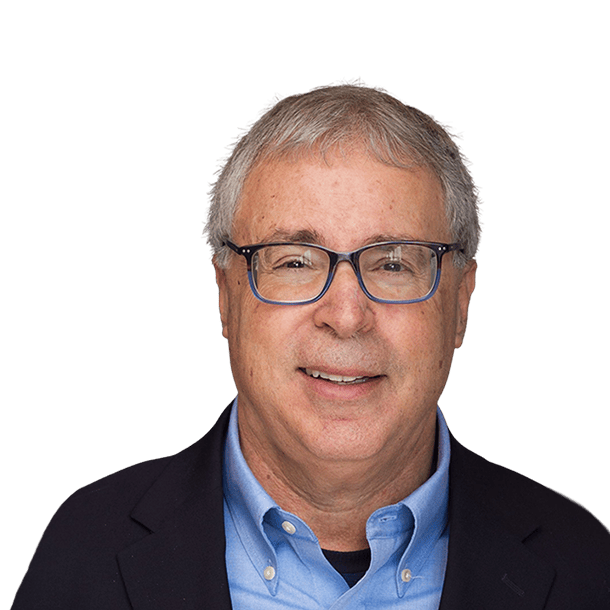View the archive of my 90-minute class and discover the Five Things I’ve Learned about the scientific hacks that can improve your health, increase your life span, and make it possible for you to Age Later.
I’m Dr. Nir Barzilai. I’ve made it my life’s work to tackle the challenges of aging and to delay or prevent the onset of all age-related diseases. I’m especially focused on the “ big four”: diabetes, cancer, heart disease and Alzheimer’s. I hope that you’ll join me in my upcoming live class, Five Things I’ve Learned about the New Science of Longevity. I want to share with you the most important things I’ve learned about aging. Most importantly: Aging is not a certainty, but a phenomenon – one that can be targeted, improved, and even cured.
My interest in aging was sparked by youthful interactions with my beloved grandfather, when I realized that I will probably one day look like him. Our change with time became my biggest, most lasting, mystery of life. Later, my wife’s grandmother Frieda – a Polish immigrant whose late-life vitality was in stark contrast with people twenty years younger – spurred my focus on the biology of longevity. She lived to be 102. Was there some biological “secret sauce” that kept Frieda wearing high heels well into her 90’s?
My book, Age Later, shares my own research and that of my colleagues to demonstrate the science behind our confidence that we can ‘hack’ aging. As I’ll explain in our time together, there are already many innovative treatments and approaches being developed to help us “stop the clock” of aging.
What have I learned that makes me so optimistic?
- Our lifespans will continue to increase. Today, most people die in their 80’s (after suffering from an average of three diseases) but the maximum lifespan is likely around 115 years. For most of us, this means we have 35 extra years we can start realizing now!
- Aging, as we know it, is over. Current innovations will allow people to stay healthy for an additional ten to twenty years. The most common side effect will be living to 100 or beyond.
- Exercise is essential. Hands down, the most important intervention we have for aging is exercise. Eating less and partially fasting may also lead to more healthy years
. - Genes do matter, especially for centenarians who don’t have “perfect” genomes. Many eat whatever they want and don’t exercise. ‘Longevity genes’ slow their aging and keep them healthy.
- Our DNA blueprint to be young isn’t harmed or diminished by age. Put another way, the ability to reverse aging is already contained, right within the human body.
During our time together, I’ll detail these discoveries. I’ll share with you, too, some of my most rewarding work, which has involved so-called “SuperAgers” – centenarians who remained remarkably healthy well past their tenth decade, even though some had endured extreme hardships earlier in their lives. (Many were Ashkenazi Jews who either fled Europe or endured the horrors of Nazi concentration camps). It turns out that SuperAgers have genetic benefits that elude most of us. Fortunately, technology has allowed us to identify some of the genes and the resulting molecular pathways that bestow long life to this lucky cohort (and, we’ve discovered, to their offspring). I’m now developing drugs and nutraceuticals that mimic those benefits for rest of us.
I’ll also detail the focus of much of my current effort: metformin. This well-known FDA-approved drug has been safely used to treat diabetes for more than 60 years. Metformin targets all the hallmarks that impact aging. Its effects demonstrate that aging can be targeted and that it’s possible to accelerate our abilities to age later. The FDA has given us the go-ahead to test metformin in a clinical trial. If the trial proves successful, it will pave the way for even better, more effective drugs.
Please join Kris Rebillot and me for what I’m sure will be an exciting class. We’ll take your questions and share the personal habits scientists now know give us the best shot at being healthy as long as possible. I look forward to talking with you.
– Dr. Nir Barzilai


